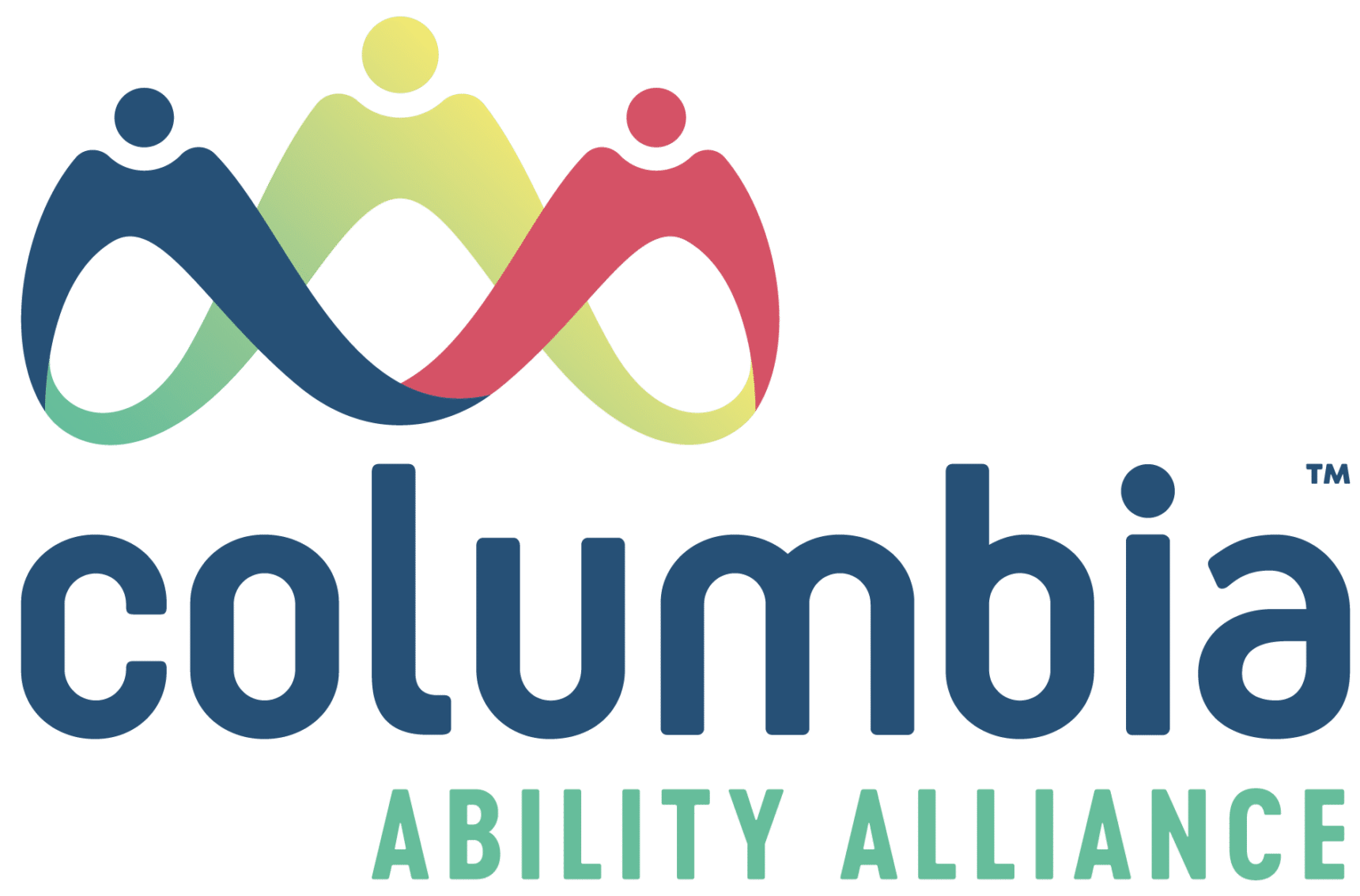Home » Employment Services » Employment Services FAQ
Employment Services FAQ
How can I work if I have a disability?
Everyone works in some way. You might already be engaged in various activities like washing dishes, cooking, yard work, shopping, volunteering, or educational tasks. Since you’re already working each day, the real question is, “How can I get paid for this work?”
What is Supported Employment?
Supported Employment is a service designed to help individuals with disabilities gain and maintain competitive jobs in the community. While society once saw individuals with disabilities as unemployable, today, more people with disabilities are thriving in their communities through this service. Supported Employment provides personalized employment support to help you succeed in the workplace.
What is the Americans with Disabilities Act (ADA)?
The Americans with Disabilities Act (ADA) is a key law that protects the rights of people with disabilities. Title I of the ADA focuses on employment, ensuring that people with disabilities have equal opportunities in the workplace. Other sections cover state and local government services, public accommodations, transportation, and telecommunications.
What’s the difference between SSI and SSDI?
- SSI (Supplemental Security Income): SSI is a needs-based program designed to help individuals with severe disabilities and limited income. Eligibility is based on financial need, and strict income and asset limits apply.
- SSDI (Social Security Disability Insurance): SSDI is an insurance program that provides benefits to individuals with qualifying conditions who have worked and paid Social Security taxes. Eligibility depends on your work history and earnings record.
What happens to my SSI benefits if I go back to work?
Your SSI benefits may be affected by your income, job status, and disability status. Here are key points:
- Income Limits: You can earn up to a certain amount each month without losing your benefits. In 2023, the “earned income exclusion” allows you to keep the first $65 you earn each month plus half of the remaining amount.
- Impairment-Related Work Expenses (IRWEs): You can deduct certain disability-related expenses from your earned income, which can reduce the amount that counts toward the SSI income limit.
- Special Programs: Programs like the Ticket to Work and Plan to Achieve Self-Support (PASS) provide additional support.
If I work, will I lose my health coverage?
No, you can work and maintain your health coverage. In many cases, you might even access better health coverage that costs less.
If I work, will Social Security decide I no longer have a disability?
Social Security reviews your case periodically to determine if you still meet their definition of disability. However, if you are enrolled in the Ticket to Work program and follow your employment plan, Social Security will not conduct Continuing Disability Reviews during this time.
Are there resources to help me find and keep a good paying job?
Yes! Columbia Ability Alliance can help you prepare for your job search, find the right job, and provide advice and support to help you maintain your employment.
How can I afford the extra costs of starting to work for pay?
There are numerous federal, state, and local programs designed to help individuals with disabilities cover the extra costs associated with starting a job. We can guide you to these resources.
If I go off my cash benefits, will I be able to get them back if needed?
Yes. If you lose your benefits due to high earnings but later lose your job, certain work incentives allow your benefits to restart without going through the full application process again.
Can I get SSDI and work at the same time?
Yes, you can receive SSDI benefits and work for a specific trial period. After this period, you can still receive SSDI benefits for any month your earnings fall below a certain threshold.
How much money can I earn and still keep my SSDI?
Social Security sets limits on how much you can earn while receiving SSDI benefits. We can help you understand these limits and your options, especially if you work beyond the initial trial period.

